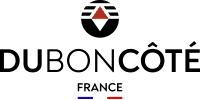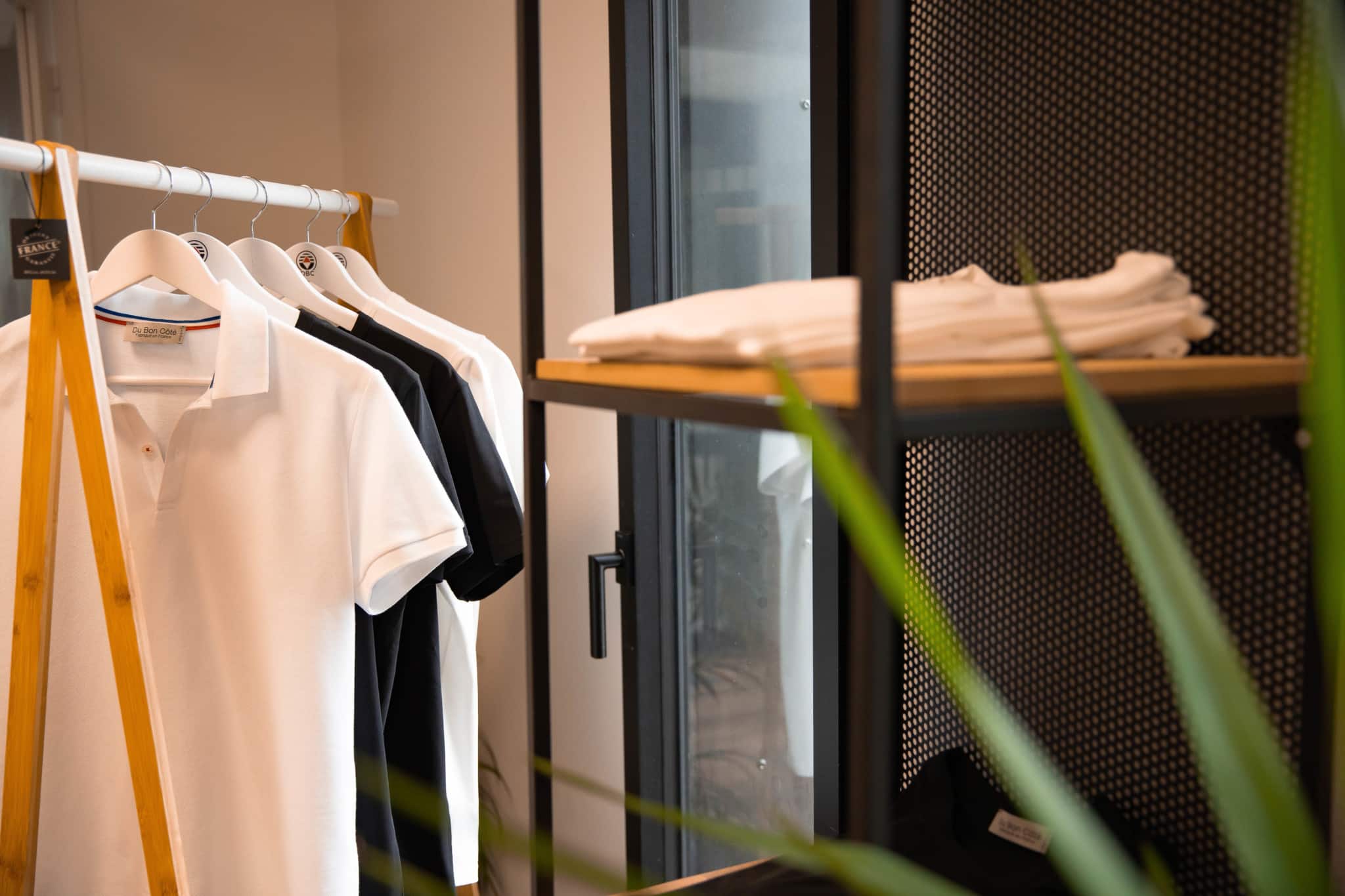
The fashion industry is evolving, and more and more people are looking to adopt an ethical approach to the way they dress. But what does ethical fashion really mean, and how can we put it into practice on a daily basis?
In this article, we'll explore the fundamentals of ethical fashion, how to find sustainable brands and pieces, and strategies for building an ethical and sustainable wardrobe while incorporating ethical pieces into your personal style.
Find out how you can contribute to a fashion industry that is more respectful of the environment and human rights.
Understanding ethical fashion: a commitment to sustainable clothing
Ethical fashion, often associated with sustainable fashion, represents an approach to the creation and consumption of clothing that takes into account its impact on the environment, the people involved in its manufacture, and the consumers themselves. Much more than simply selecting eco-friendly materials, ethical fashion requires that every stage of the production chain meets rigorous standards in terms of human rights and working conditions.
The importance of transparency: clarifying ethical choices
In the world of ethical fashion, transparency is central. Responsible brands openly share information about the origin of their materials, the conditions under which their clothes are made, and the measures adopted to minimise their environmental footprint. This transparency gives consumers the opportunity to make informed decisions and support companies that are in line with their values.
Respecting workers' rights and protecting the environment
Ethical fashion focuses not only on respecting workers' rights, by guaranteeing fair wages and safe working conditions, but also on reducing environmental impact. This approach encompasses the use of sustainable materials, the minimisation of waste and the adoption of eco-friendly production practices. By choosing ethical clothing, consumers are contributing to a fairer industry and to the preservation of our planet.
Looking for ethics in your wardrobe: finding sustainable brands and pieces
Finding ethical brands and pieces for your wardrobe is essential in the move towards more sustainable fashion. Find out how to make informed choices for a wardrobe that makes a positive impact.
Understanding labels and the materials used
Read clothing labels carefully to identify the materials used in production. Ethical brands often use sustainable or recycled materials to reduce their environmental impact.
Transparency on manufacturing and working conditions
Ethical brands stand out for their transparency when it comes to their working conditions and supply chains. Find out more about how they treat their employees and their production practices to support brands that are aligned with your values.
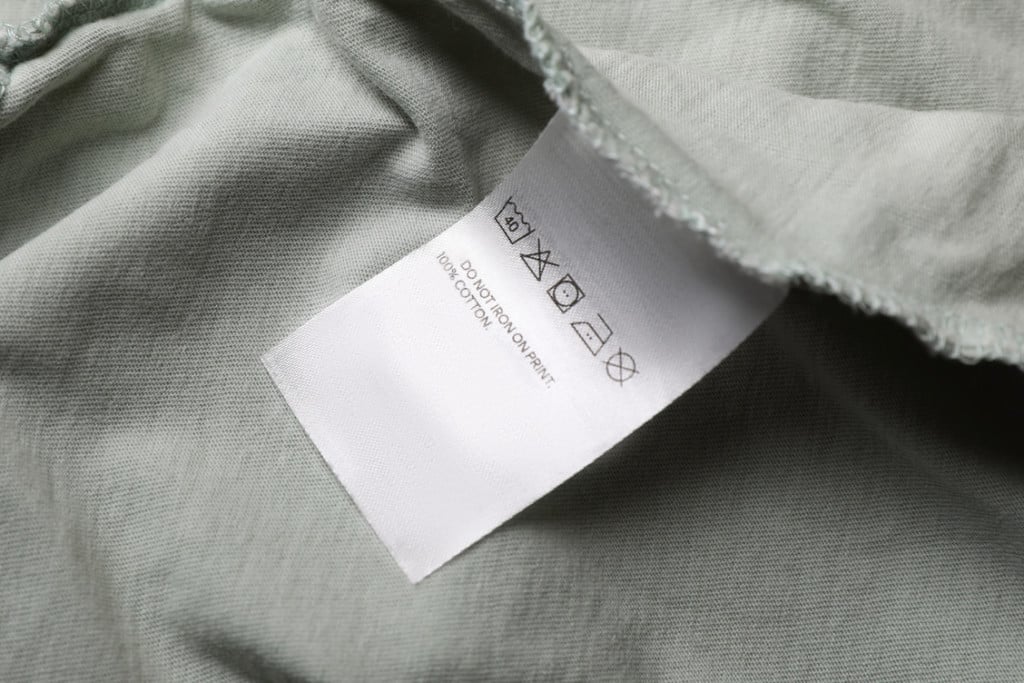
Support for social projects and initiatives
Some ethical brands are involved in social projects or initiatives to improve the living conditions of the communities involved in production. By choosing these brands, you are contributing to projects that have a positive impact on society.
The search for ethical certifications and labels
Look for certifications and labels that attest to the ethical quality of products. Certifications such as Fair Trade, Organic, GOTS (Global Organic Textile Standard), and B Corp are reliable indicators of ethical practices. They guarantee that products comply with strict environmental and social standards.
The search for ethical certifications and labels
Look for certifications and labels that attest to the ethical quality of products. Certifications such as Fair Trade, Organic, GOTS (Global Organic Textile Standard), and B Corp are reliable indicators of ethical practices. They guarantee that products comply with strict environmental and social standards.
Consult independent assessments
Explore platforms that offer impartial ratings and reviews of fashion brands based on their sustainability and ethics. These resources can help you make informed purchasing decisions.
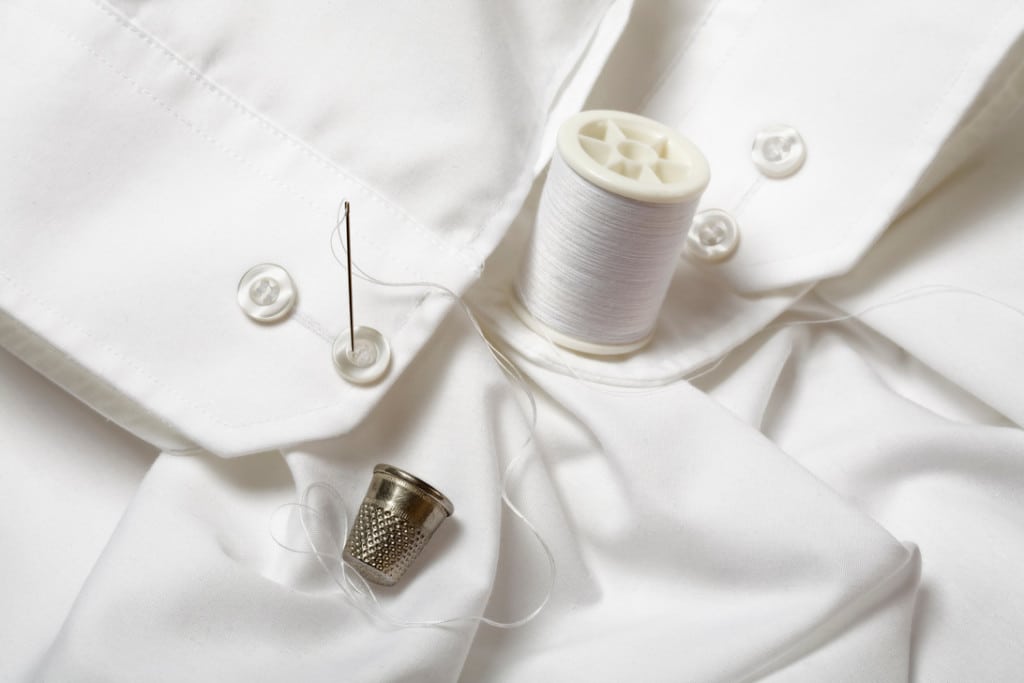
Investing in quality and traditional know-how
There are many advantages to choosing to buy products from local and artisanal brands. Firstly, it helps stimulate the local economy by supporting small businesses and craftspeople in your area. This helps create jobs and strengthens local communities.
By choosing local brands, you also reduce the carbon footprint associated with transporting goods over long distances. Fewer kilometres travelled means fewer greenhouse gas emissions, which is good for the environment.
Handcrafted products are often made with care and meticulous attention to detail. They reflect traditional skills handed down from generation to generation. When you buy handcrafted items, you are investing in quality, durable and unique products.
Supporting the local economy: the advantage of buying artisan brands
What's more, buying locally promotes proximity between producers and consumers, allowing greater transparency in manufacturing practices. You can learn more about how the products are created, the materials used and the people behind each creation.
In short, supporting local and artisanal initiatives is an important way of promoting more ethical and sustainable consumption. This brings economic, environmental and social benefits, while allowing you to own unique, quality items.
Du Bon Côté: an example of local and ethical commitment
At Du Bon Côté, we put into practice our commitment to local and ethical production. Every stage in the creation of our shirts is carried out in France, from the design of the fabrics to the delivery of the finished product. Our fabric manufacturing plants are located in the south-east of France and in the Lyon region, guaranteeing the quality and traceability of our certified raw materials.
Our shirts are patterned and made in Mayenne, perpetuating French expertise in textile manufacturing. Du Bon Côté is based in Concarneau, in Finistère, in the heart of Brittany, a region with a strong cultural and artisanal identity.
Even our embroidery is done in the neighbouring department, reinforcing our local roots. This genuine approach is in line with our desire to promote 100% Made in France manufacturing, in keeping with our ethical values. Our company was born of the conviction that it is possible to produce differently and better, while preserving the environment and promoting French know-how. You can find out more about our approach on our dedicated page.
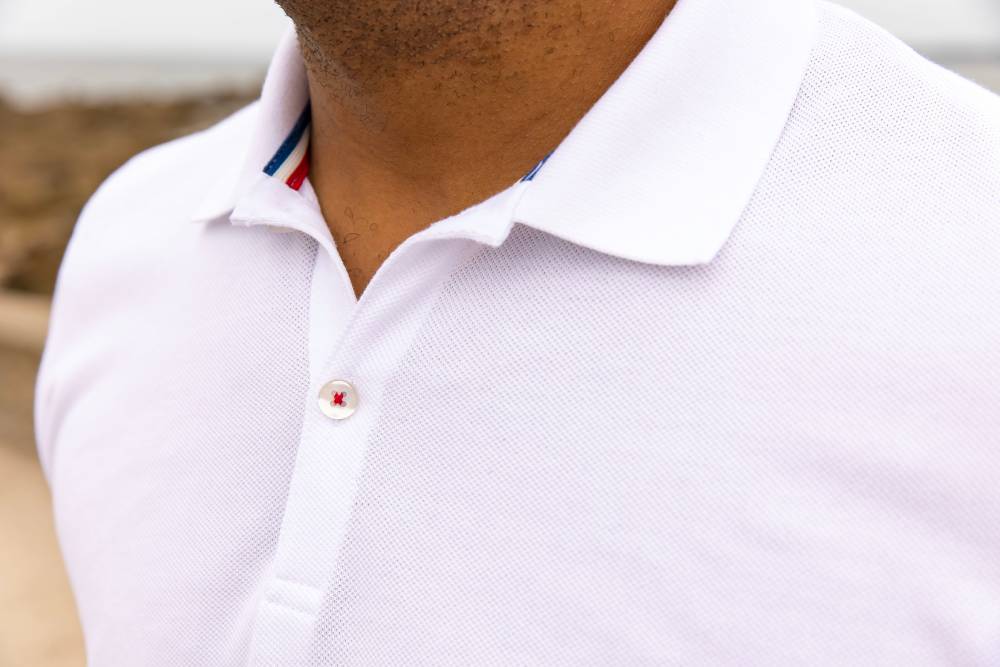
By supporting Du Bon Côté, you are helping to promote sustainable, ethical and local fashion, while enjoying the exceptional quality of our shirts. Your choice makes a difference, and we thank you for sharing our commitment to more responsible consumption.
Building an ethical and sustainable wardrobe: how to incorporate ethical pieces into your style
If you aspire to an ethical and sustainable wardrobe, the first step is to learn about the principles of ethical fashion and explore the brands that embody these values. An informed approach will guide you towards more responsible clothing choices.
Educate yourself about ethical fashion
To embrace an ethical and sustainable wardrobe, it's essential to learn about ethical fashion and its requirements. Explore ethical brands, attend events and follow industry news. This knowledge will help you make informed purchasing decisions.
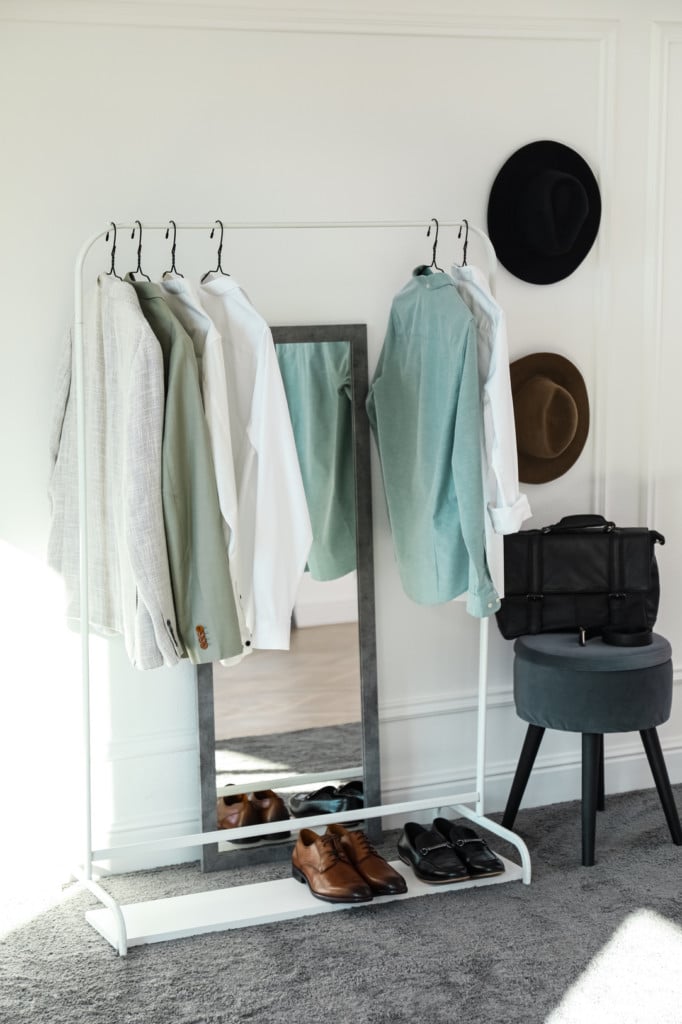
Opt for a minimalist wardrobe
The first step towards an ethical wardrobe is to take stock of your current wardrobe. Identify the essential and basic pieces in your wardrobe. For each item, look for ethical alternatives. Choose quality over quantity, and avoid impulse buying. Make sure that each new piece matches your personal style.
Take the time to build your new ethical wardrobe
It's important to note that the transition to an ethical wardrobe doesn't mean changing everything overnight. Evolve gradually by gradually replacing your pieces with ethical alternatives. This gradual approach will allow you to transform your wardrobe while staying within your budget and avoiding waste.
Develop your personal style with original pieces
But incorporating ethical pieces into your style isn't just about making basic choices. Explore and experiment with colourful clothes, patterns and cuts that reflect your personality. You can also personalise your clothes by adding embroidery, patches or other alterations to create a unique look.
Don't forget accessories, which play an essential role in expressing your style. Choose ethical shoes, belts and jewellery to complement your outfits in a coherent way. In this way, you can create a distinctive personal style while respecting your ethical values.
Share your commitment to responsible fashion
Finally, share your commitment to ethical fashion with those around you. Have a positive influence on those around you by sharing your thoughts and discoveries and showing that ethical fashion is an accessible and impactful option. Your influence can help make more people aware of the need to adopt ethical and sustainable consumption practices.
In conclusion, ethical fashion is not just a trend, but a real paradigm shift in the fashion industry. By embracing these principles, you can contribute to a world where fashion is synonymous with sustainability, respect for workers and preservation of the environment.
Every choice you make counts, whether it's supporting ethical brands, choosing quality over quantity, or having a positive influence on those around you. Together, we can create a more ethical and responsible fashion future in 2024 and beyond.
